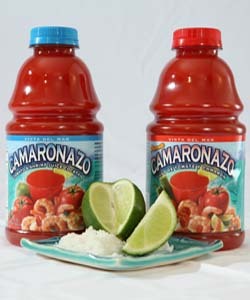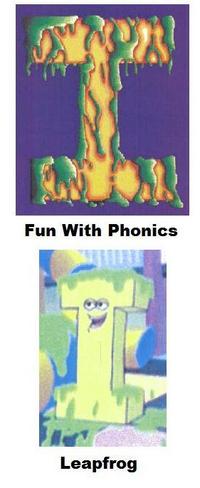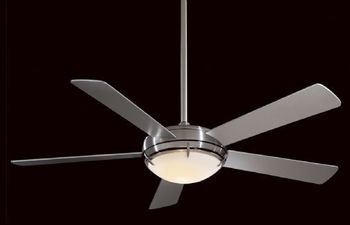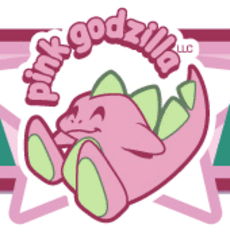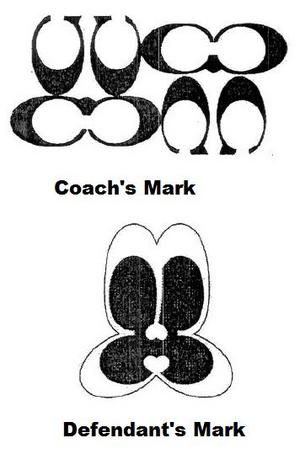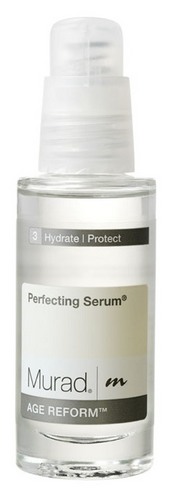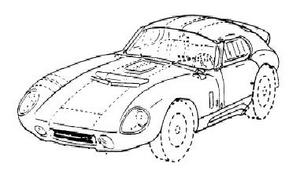 Los Angeles, CA – In response to Carroll Shelby’s trademark and trade dress infringement lawsuit (details blogged here), Defendant Factory Five’s attorneys filed a motion to either dismiss the case or transfer venue to the District of Massachusetts (details blogged here). Co-defendant Internet Community Partners, LLC, dba ffcobra.com, joined in Factory Five’s motion.
Los Angeles, CA – In response to Carroll Shelby’s trademark and trade dress infringement lawsuit (details blogged here), Defendant Factory Five’s attorneys filed a motion to either dismiss the case or transfer venue to the District of Massachusetts (details blogged here). Co-defendant Internet Community Partners, LLC, dba ffcobra.com, joined in Factory Five’s motion.
On February 23, 2009, after the parties’ oral arguments, the Honorable Christina A. Snyder granted Factory Five’s motion and transferred the case to the District of Massachusetts (read the order here), the location of the parties’ previous trademark and trade dress dispute in 2000.
In deciding a motion to transfer, the Court must consider the following three factors: (1) the convenience of the parties; (2) the convenience of the witnesses; and (3) the interests of justice. 28 U.S.C. § 1404(a); see Los Angeles Mem’l Coliseum Comm’n v. NFL, 89 F.R.D. 497, 499 (C.D. Cal. 1981).
 Los Angeles Intellectual Property Trademark Attorney Blog
Los Angeles Intellectual Property Trademark Attorney Blog



